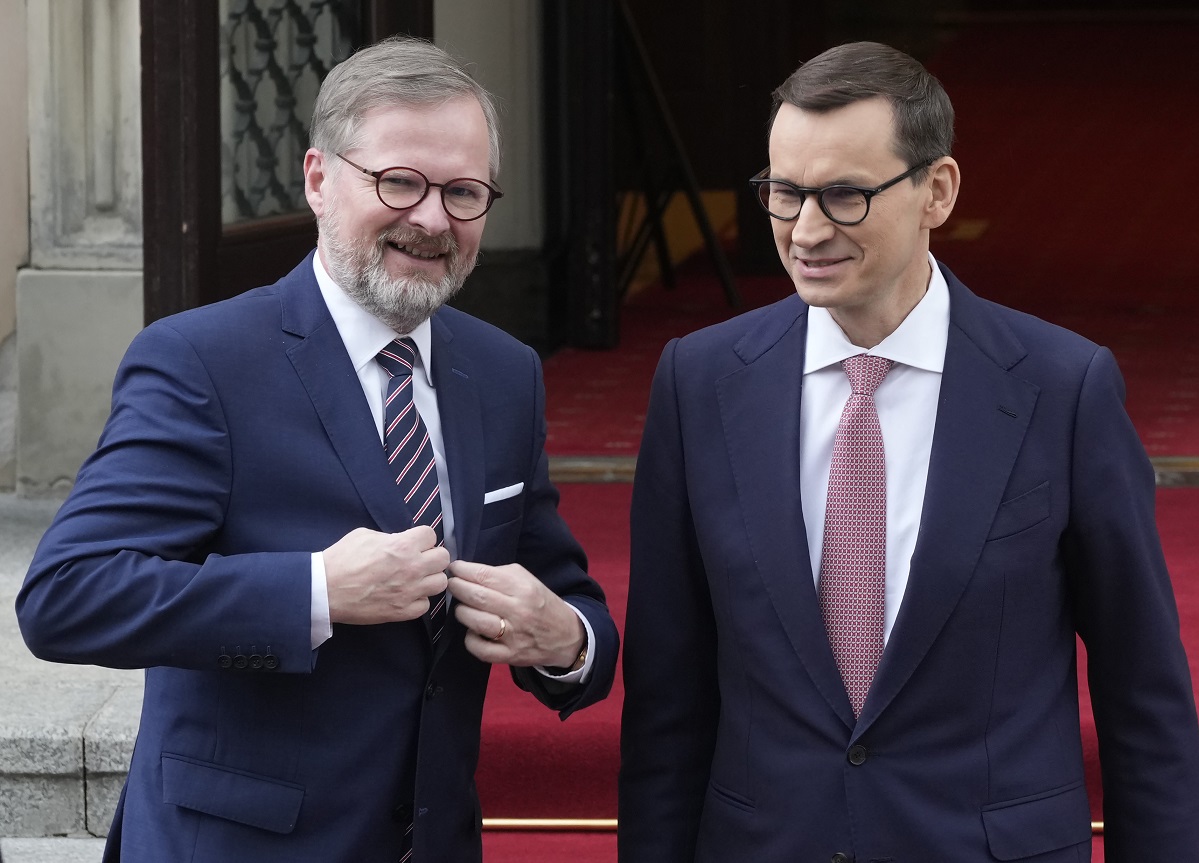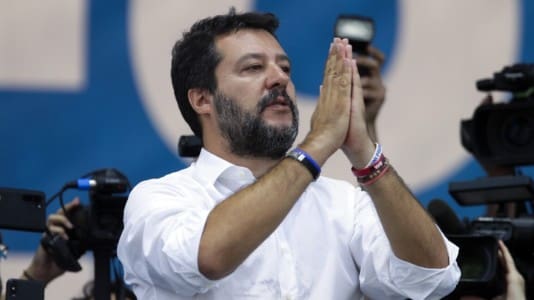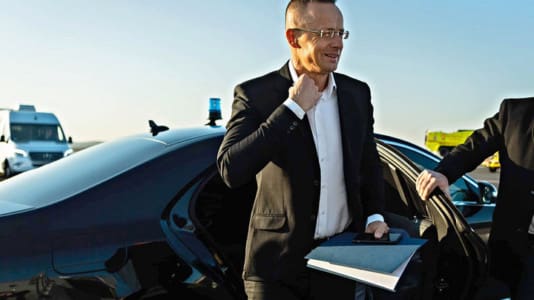My relationship with Poland is deep and has evolved for a long time. Under the communist regime, of course, I looked to Solidarity and the Polish pope, but Polish literature had a great influence on me. I tried to learn Polish [during the communist era], With friends, we read books published in Polish on social sciences and theology, which were not allowed in our country, and we read Polish samizdats, from which we translated articles for Czech readers. I dare say that, thanks to the literature, I have managed to better understand Poland in its multilayered nature. I like to read Polish authors who started publishing in our country after November 1989.
I myself have long been involved in publishing translations of books by Polish thinkers, such as Ryszard Legutko, Dariusz Karłowicz, Paveł Lisicki, Agnieszka Kołakowská and Marek Cichocki. And I am very pleased that two of my books, The End of Carefree and The Laboratory of Secularization, have been translated into Polish. I consider this intellectual exchange to be something extremely important. Of course, Poland is different from Czechia, but we should listen even more carefully to the voices that come from there. That is why I do not like the stereotypes and general convictions that come to Poland from so many sides. I believe that we should rather try to understand Poland and think about what its experiences and principles can inspire us to do.
We are neighbors, but we are not the same. Modern Polish society was also shaped by sources other than Czechia. In Poland, the presence of a living religion is much more obvious. The country was also marked by the variability and ambiguity of state departments in its territory. All this affects the identity of Polish society, which places special emphasis on the care of cultural values and has a relatively stronger sense of national traditions and order. Therefore, compared to the Czech Republic, Poland has more natural preconditions to understand itself as a spiritual project and to develop specific forms of conservative thinking, which is of course reflected in its politics. Another important key to the Polish way of thinking is the eastern dimension of Polish history, anchored, among other things, by the events in Katyn — both in 1940 and, in a way, in 2010. Sometimes it is difficult for us to understand this.
Therefore, it is not worth concealing that Czech-Polish relations went through complicated historical periods, as is common on our continent, and that even in happier and calmer times, they were more neighborly, characterized by mutual observation, sometimes slightly distrustful interest or perhaps intellectual fascination. We have lived together like this for a long time. I believe it is in our interest to change that.
Even though our nations have evolved differently, there is so much that unites us. First of all, a similar historical experience in modern times: we went through the Cold War within the Soviet bloc, and after its disintegration, we headed back to Western structures, which we associated with freedom, prosperity and unprecedented security guarantees. Within the European Union, we have been tackling similar challenges since the beginning, including the ongoing energy transformation and diversification of resources (especially the effort to break free from dependence on Russia today), industrial innovation and support for the development of post-coal regions. We are working together for a sensible direction for the EU, because we share a similar view of what should be the basis of European integration – a common market and the unrestricted movement of people, goods, services and capital, and not abstract ideological goals. Soon after joining the EU, both our countries became fully aware of how our priorities within the community of European nations are mutually compatible, and often overlooked or misunderstood by the “old” EU members. Western Europe sometimes does not recognize or even refuses to admit the dangers with which the Czechia and Poland have their rich experience.
All this is returning to us with new urgency right now, in the light of the brutal, unjust and unprovoked military aggression of Russia against Ukraine. Russia has declared war not only on Ukraine, but on all of us. But Russia did not succeed in weakening us. In the face of the barbaric Eastern superpowers, we in the Czech Republic and Poland are even more aware of the strong common foundations of civilization in our countries.
It is a huge chance to overcome our differences, which today — given what we are striving for and fighting for — seem much less important. The war in Ukraine fully shows our most important common interest over the long term, which is to ensure security for our nations and for the entire European continent. For us, Poland is a close and strong ally when it comes to defending the West from Eastern threats.
We, the countries of Central and Eastern Europe, which have been under the direct influence of the Russian Empire for decades, must strive to pass on our experience to others, to help make the West’s attitude towards Russia as unitary and vigorous as possible. Czechia and Poland must also ensure that the states that make up the eastern part of Europe develop independently of Russia’s superpower interests, so that, like us, they can choose their own path. We must lend them a helping hand and offer them all possible support. This is our shared responsibility for the future of Europe. That is also why we have taken extensive diplomatic steps across Europe and, at the earliest moment possible, we have gone to besieged Kiev together. Our goal was to show clear support for Ukraine, to show them that they are not alone, but also to remind the world of this.
While the past is given once and for all, the future is in our hands. I am very pleased that we have recently been able to work together and find common ground. We must continue to actively look for opportunities to align our interests, maximize our influence and also learn from each other. Not only because of unquestionable external challenges, but mainly because of the real inner interest in getting to know each other, because thanks to the perspective of my neighbor, I can understand myself a little better.
I would therefore like to personally contribute to further deepening the multi-layered partnership with our Polish neighbors, to opening a new chapter in Czech-Polish relations. I believe that together we will take further steps on the road from intergovernmental agreements and declarations to real synergies in international and security policy. From mutually beneficial trading to partnerships and joint solutions that go beyond our immediate regional context.






